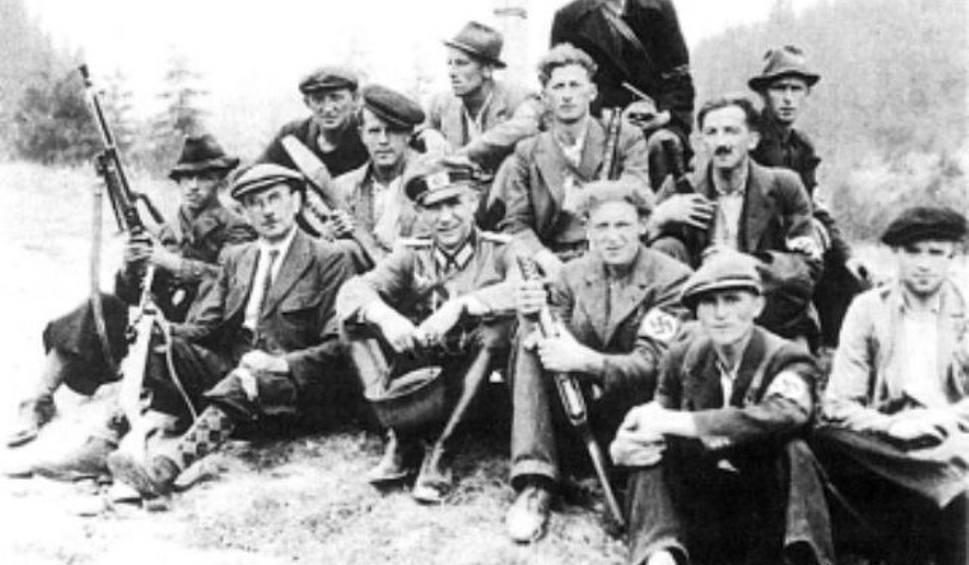Unfortunately I don't know any Polish historian who claims or claimed the collapse was a direct or even indirect result of actions of a German fifth columnists.michael mills wrote:The myth of an ethnic German uprising has been perpetuated by Polish nationalist historians for the purpose of explaining the rapid collapse of the Polish forces in the west of the country, and also for justifying the massacres of ethnic Germans by Polish troops and civilian vigilantes.
Some examples of such actions are here, including the well known Freikorps Ebbinghaus.
Freikorps Ebbinghaus:


source: 1, 2.
That there was spy scare or rather fifth columnists scare is well known (as in other countries, for example in the USSR during Barbarossa), nobody denies it, actually the best known communist era war drama film starts with a scene of a mob trying to lynch an entire innocent egyptologist (because of his hieroglyphs). It's a fact that many innocent people were killed as result of that scare. And it's quite possible more Poles than Polish Germans.
But that behaviour wasn't encouraged by Polish authorities, the spy scare wasn't result of their propaganda, it wasn't pre-planned, it happened naturally, in war these things happens. For this reason saying it was "Polish atrocities" is correct only from the grammatical point of view.